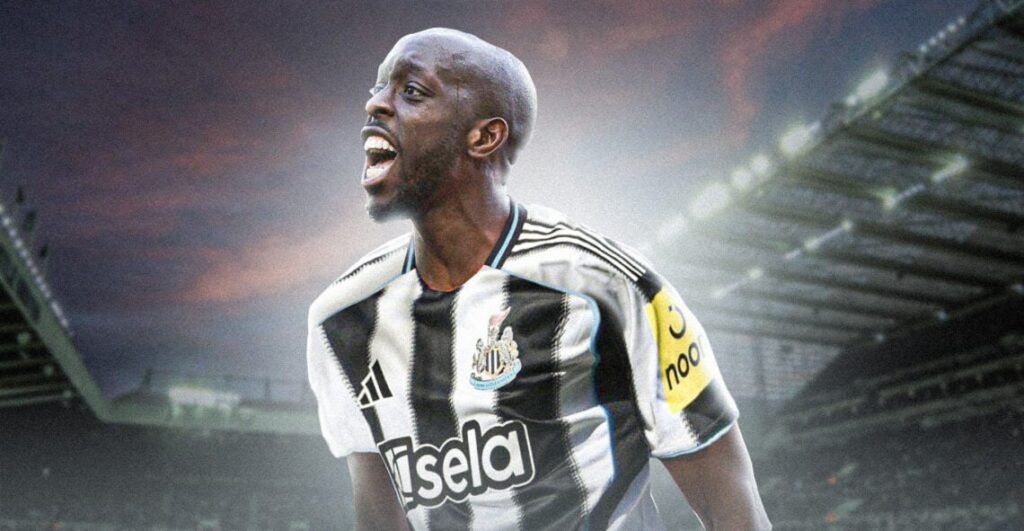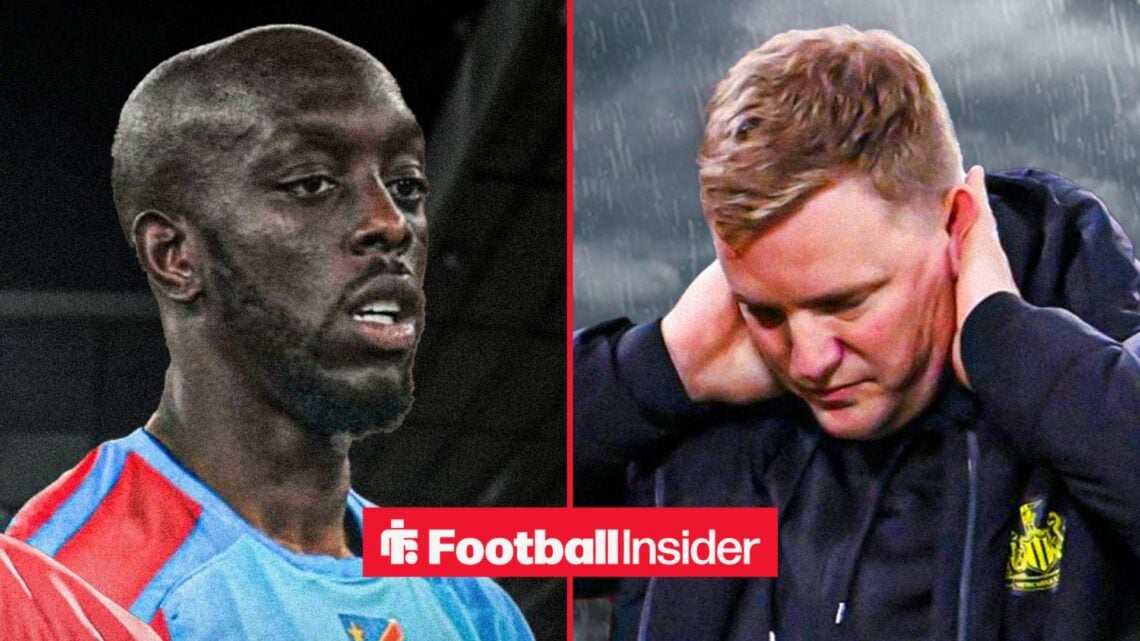When Newcastle United agreed to spend £55 million on Yoane Wissa this summer, plenty of supporters were caught off guard. The club has built its new identity on signing young, rising talents with room to grow, not proven Premier League stars approaching their thirties.
But with Alexander Isak moving to Liverpool and Nick Woltemade still untested in English football, Eddie Howe felt he needed a striker who knew the league, understood its intensity, and could deliver goals straight away. Wissa had already shown at Brentford that he could do exactly that.
But just days after his high-profile arrival, the worst happened. While representing the Democratic Republic of Congo, he suffered a knee injury that immediately halted Newcastle’s plans.
Three months on, the striker still hasn’t made his competitive debut, even though he has pushed through a demanding recovery programme and is now edging closer to his first appearance in black and white.
Just as he prepares to return, another problem sits on the horizon: the Africa Cup of Nations. The tournament begins in late December and runs through January, meaning Newcastle could lose him again just when he is ready to contribute.
The club has little power to stop him from joining his country. FIFA rules protect players’ rights to represent their national teams, even if the timing is awkward for their clubs.

But Wissa himself could choose not to go, especially given how few minutes he has played since his injury. The big question is whether he should stay and help Newcastle or travel to AFCON after months of inactivity.
Many around the club believe he should honour the call of his country without hesitation. They argue that blocking a player from representing his nation sends the wrong message, and Eddie Howe has always shown strong support for his players’ international ambitions.
He has never been the type of manager to stand in the way of someone chasing a dream or an opportunity, even if it disrupts club plans. From Howe’s perspective, a confident, motivated Wissa performing well for DR Congo can be a benefit to Newcastle in the long run.
He knows Wissa has missed valuable time, and no player enjoys the frustration of injury. If the tournament helps him sharpen his form and mindset, Newcastle will eventually feel the reward.
Others look at the situation differently. They point out that Newcastle paid a significant fee, backed him during the difficult transfer negotiations, and took a risk by committing so heavily to a player nearing 30.
They needed him this season, and with the club’s league position far from secure, losing their most experienced striker for several more weeks would be damaging.
Some believe Wissa owes Newcastle a show of loyalty, especially after the club moved quickly to secure his signature at a price many see as above market value. They argue that the team comes first, particularly after months of rehabilitation funded and overseen by the club.
Behind closed doors, the topic has surely been discussed between the player’s representatives, Newcastle’s decision-makers, and the medical team. The club cannot officially stop him from joining DR Congo, but they can explain the situation, express their concerns, and hope Wissa sees the bigger picture.
At the same time, they know that forcing a player into staying never works. It damages trust, risks long-term resentment, and can even break the spirit of someone who has worked hard to return from injury.
The reality is that AFCON may be one of the biggest opportunities of Wissa’s international career. There is no guarantee that DR Congo will qualify for the 2026 World Cup, and the tournament may represent one of his last chances to perform on a major stage for his country.
For many players, the emotional connection to their national team runs far deeper than club football. Walking away from such a moment is never a simple decision.
Newcastle must hope that whatever Wissa chooses, it benefits both him and the team in the long term. Whether he stays to rebuild momentum in the Premier League or travels to represent DR Congo, the hope is that he returns stronger, sharper, and ready to justify the club’s investment. The next few weeks will reveal how he views his responsibilities—and where his loyalty lies.

